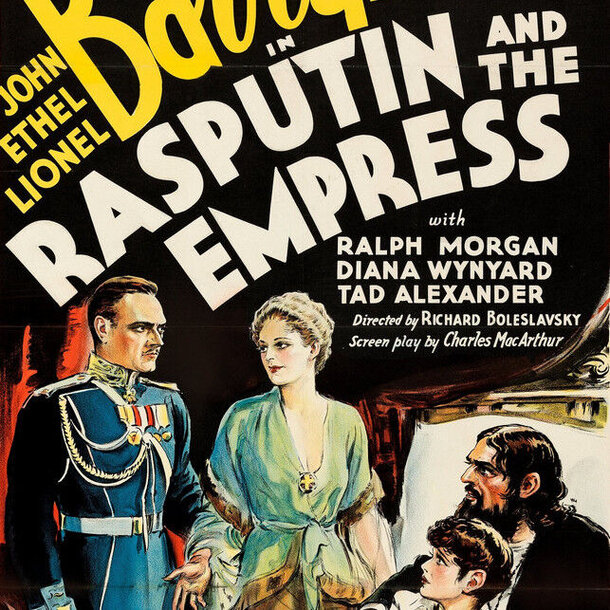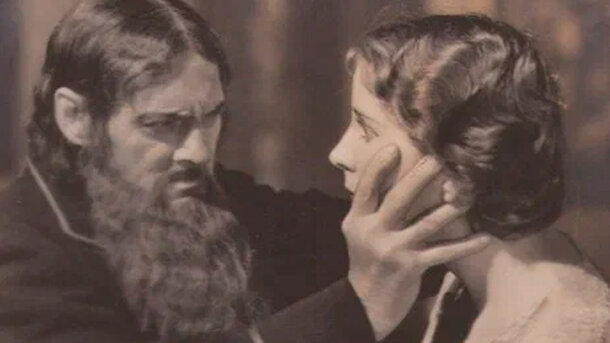Hollywood films often include a disclaimer stating, "All names and events are fictitious and any similarities are purely coincidental." This phrase became standard after the 1932 film Rasputin and the Empress, which depicted characters Pavel Chegodaev and Natasha based on Prince Felix Yusupov and his wife Princess Irina Alexandrovna Yusupova.
The film portrayed Natasha as being raped by Rasputin and becoming his mistress, which led the Yusupovs to sue MGM for libel and defamation. They argued that the film falsely damaged their reputation. A British court upheld their claim, awarding them a significant sum in damages. However, MGM paid an even larger amount to settle the case and secure the film’s release. As a result of this lawsuit, Hollywood studios adopted the practice of including disclaimers to avoid legal liability for fictionalized portrayals that could be mistaken for real events or people.
The phrase "All names and events are fiiction " became a standard safeguard in filmmaking, allowing studios to depict historical figures or controversial stories without risking defamation lawsuits. The case involving Rasputin’s portrayal thus played a pivotal role in shaping Hollywood’s legal disclaimers, emphasizing that any resemblance to real persons or events is unintentional.











